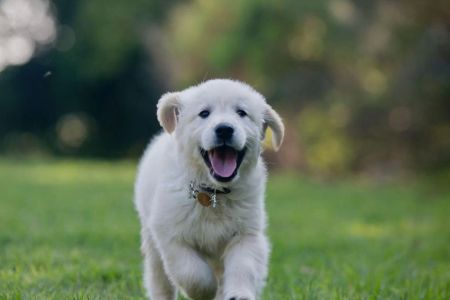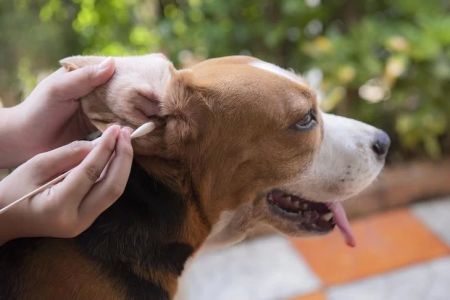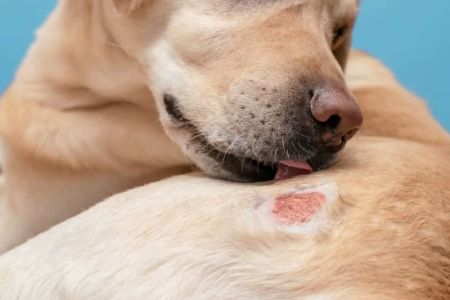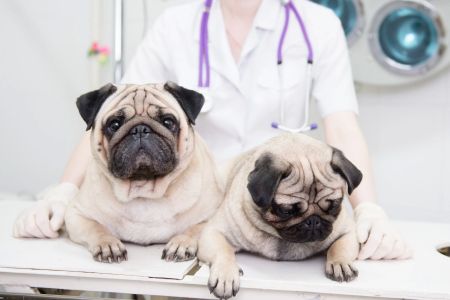Why Does My Dog Sneeze All the Time? Understanding the Causes
- 1. Common Reasons for Frequent Dog Sneezing
- 2. Allergies: A Major Culprit Behind Your Dog's Sneezing
- 3. Foreign Objects: How They Can Cause Sneezing in Dogs
- 4. How to Tell if Your Dog's Sneezing is Serious
- 5. What You Can Do to Help Your Dog if They Keep Sneezing
1. Common Reasons for Frequent Dog Sneezing
If you’ve noticed your dog sneezing more than usual, you may be wondering, "Why does my dog sneeze all the time?" There are a variety of reasons why your furry friend might be sneezing, ranging from environmental factors to health issues. While occasional sneezing is normal for most dogs, frequent sneezing can indicate an underlying problem that needs attention.
Generally, sneezing in dogs can be triggered by irritants like dust, pollen, or smoke, or by conditions like nasal infections. In some cases, a dog might even sneeze as a result of excitement or playfulness, such as when they're engaging in a fun game with their owner. However, if your dog’s sneezing persists, it’s essential to look deeper into the cause.
2. Allergies: A Major Culprit Behind Your Dog's Sneezing
Just like humans, dogs can suffer from allergies, and these allergies can often cause them to sneeze frequently. If your dog sneezes in response to specific environmental factors, such as pollen or dust, they might be experiencing an allergic reaction. Other common allergens for dogs include mold, dander, and certain foods.
If allergies are the cause of your dog’s sneezing, you might notice additional symptoms, such as watery eyes, itching, or even ear infections. It’s important to track when and where your dog sneezes the most—if it happens during walks or in certain areas of the home, environmental allergens could be to blame.
3. Foreign Objects: How They Can Cause Sneezing in Dogs
Another common reason for frequent sneezing in dogs is the presence of foreign objects in their noses. Dogs, especially curious puppies, may sniff around in the grass, dirt, or even indoors, accidentally inhaling small particles or debris. This can lead to sneezing as their bodies try to expel the foreign object from their nasal passages.
In many cases, these objects are harmless and are eventually expelled naturally, but if the sneezing persists or if your dog seems to be in distress, it's important to seek veterinary care. Foreign objects lodged in the nose can cause discomfort and even lead to more severe respiratory issues if not addressed.
4. How to Tell if Your Dog's Sneezing is Serious
While occasional sneezing is usually nothing to worry about, frequent or severe sneezing could indicate a more serious health issue. If your dog is sneezing excessively, it’s important to pay attention to the accompanying symptoms. Signs that your dog’s sneezing could be a sign of something more serious include:
- Blood in the nasal discharge
- Difficulty breathing
- Signs of pain or discomfort when sneezing
- Changes in appetite or behavior
- Continuous or worsening sneezing episodes
If you notice any of these symptoms, it’s best to consult with a veterinarian. Conditions like nasal infections, sinusitis, or even tumors can cause persistent sneezing and may require medical intervention.
5. What You Can Do to Help Your Dog if They Keep Sneezing
If your dog’s sneezing is linked to allergies, try to reduce their exposure to common allergens. Keep your home clean, vacuum regularly, and use air purifiers to reduce dust and pollen in the air. For dogs with food allergies, working with your vet to determine and eliminate the problematic ingredient from their diet can help manage sneezing and other symptoms.
If you suspect that a foreign object is causing your dog’s sneezing, you should consult a vet right away. A veterinarian can help remove the object safely if it’s causing your dog discomfort. In the case of more severe health issues, your vet may recommend treatments such as antibiotics, antifungal medications, or even surgery, depending on the cause of the sneezing.
To learn more about how to manage your dog’s sneezing or if you have concerns about their health, visit Hidden Brook Veterinary for expert advice and personalized care!








